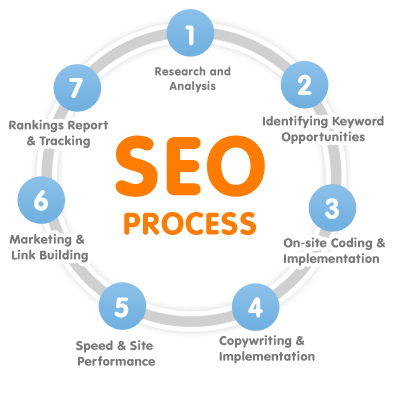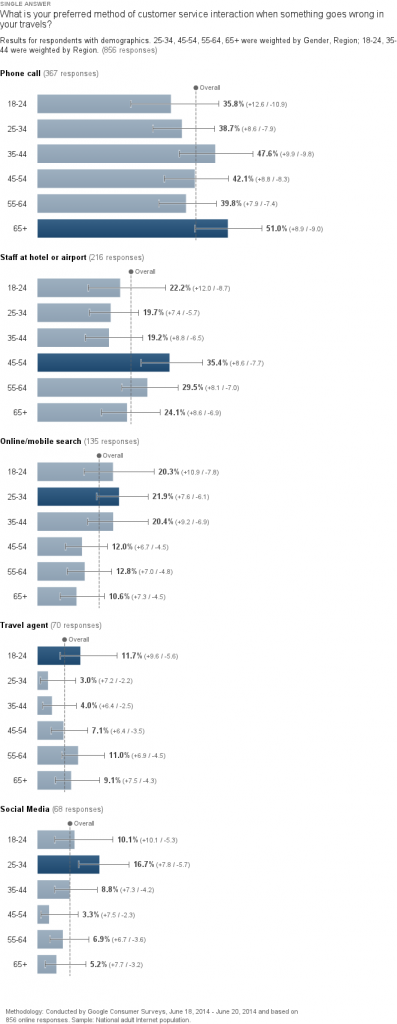Every person is unique. As marketers, it is critical to know that people are different, for this concept applies to Search Engine Optimization (SEO). Not all people use the same keywords to search for something. It all starts with the audience.
Who’s your audience? Many people worries too much about SEO without knowing their audience. How can you choose the best keyword without knowing your audience? Do a market research (e.g. surveys, etc) to know more about your audience, so that you can make a personalized marketing campaign for each persona you identify (group them).
“Every search is a question in disguise.”
Every search engine has their own algorithms and they are changing all the time. Instead of worrying too much on these algorithms, people must focus on “analytics and customer feedback”. I’m not saying to totally ignore algorithms, yes understanding them is helpful. But what’s more important is publishing the content that is relevant for your audience.
In addition, corporate blogs, for instance, that is published often can create stickiness to the website, making customers to go back to the site. This is the “community” aspect of a website and other ways to increase stickiness is to enable people to give reviews of products/services. You can share your blog/testimonials on your Facebook page also, for example. In other words, the 7Cs are great guidance to create a good website.
In essence, when it comes to SEO, it’s all about content marketing (i.e. quality content publication).
Source: http://www.ask-kalena.com/articles/are-you-over-thinking-seo/



